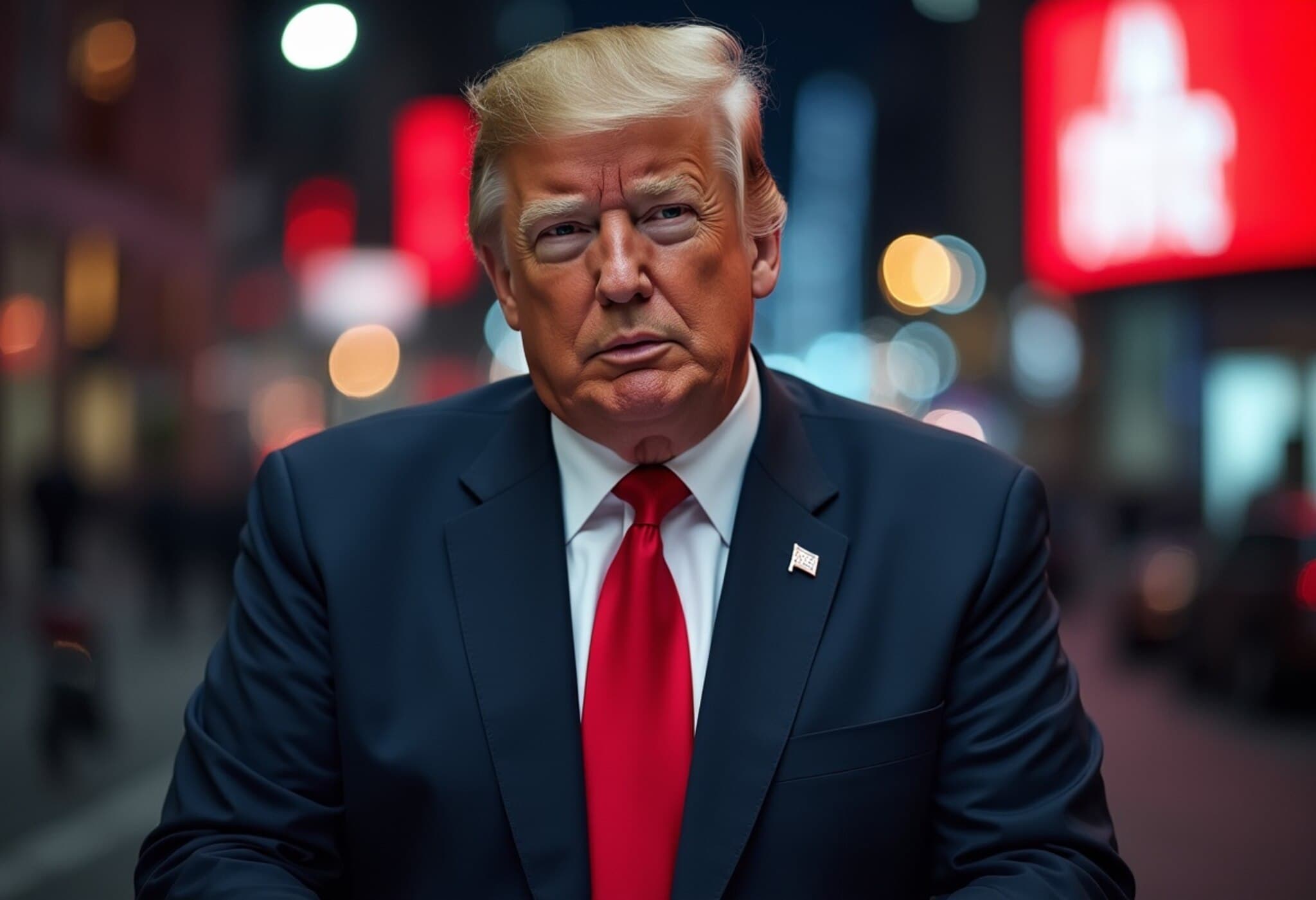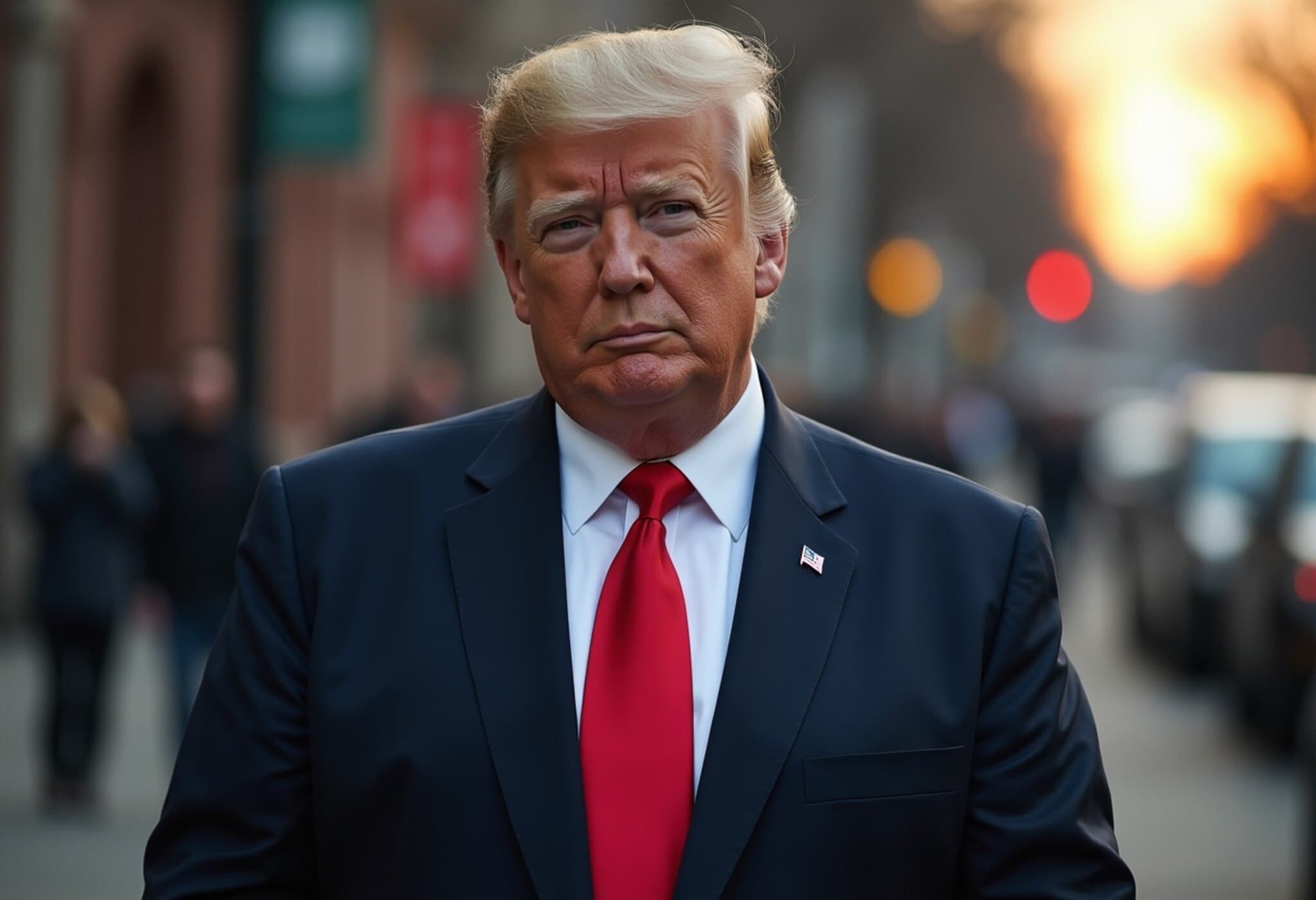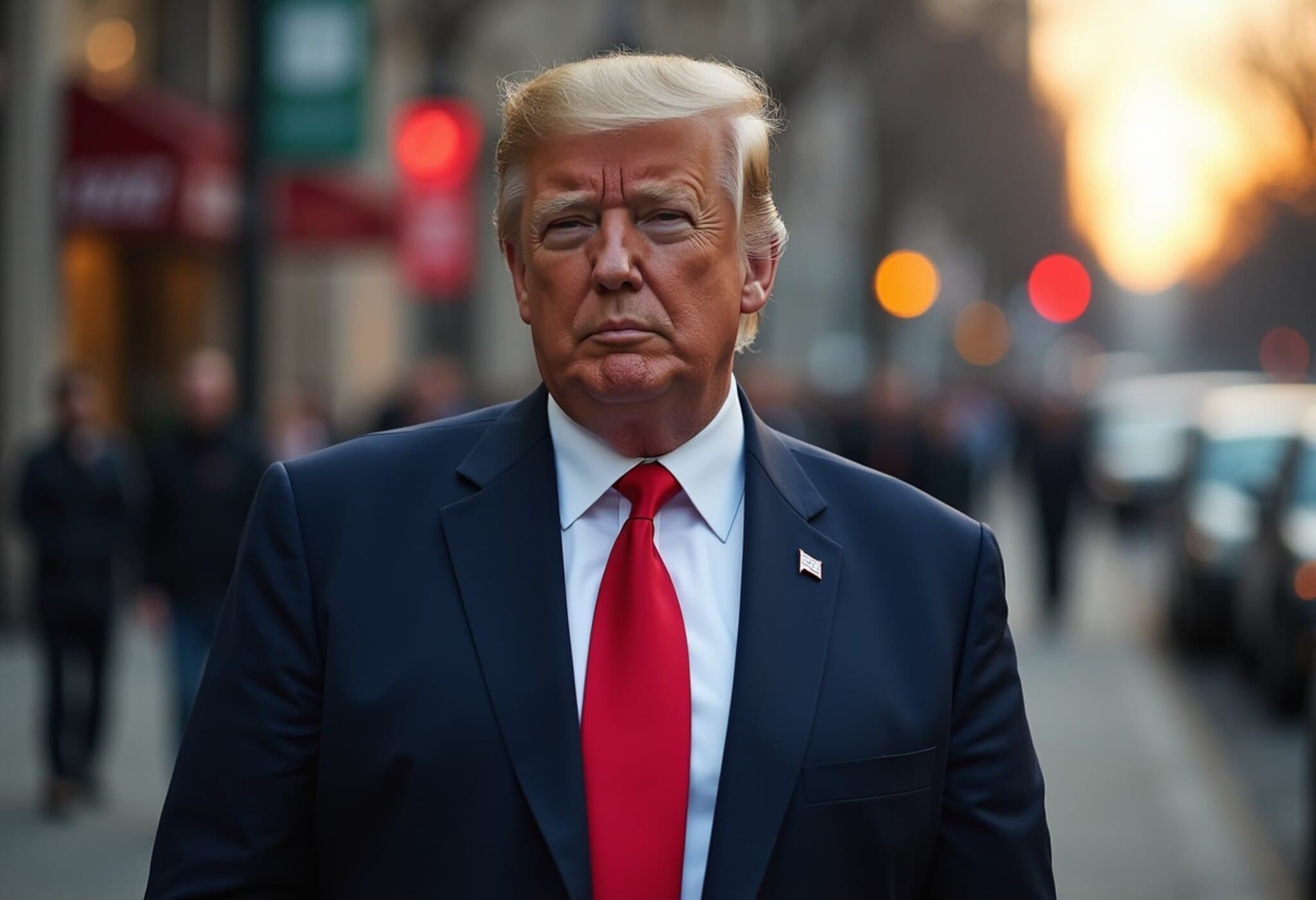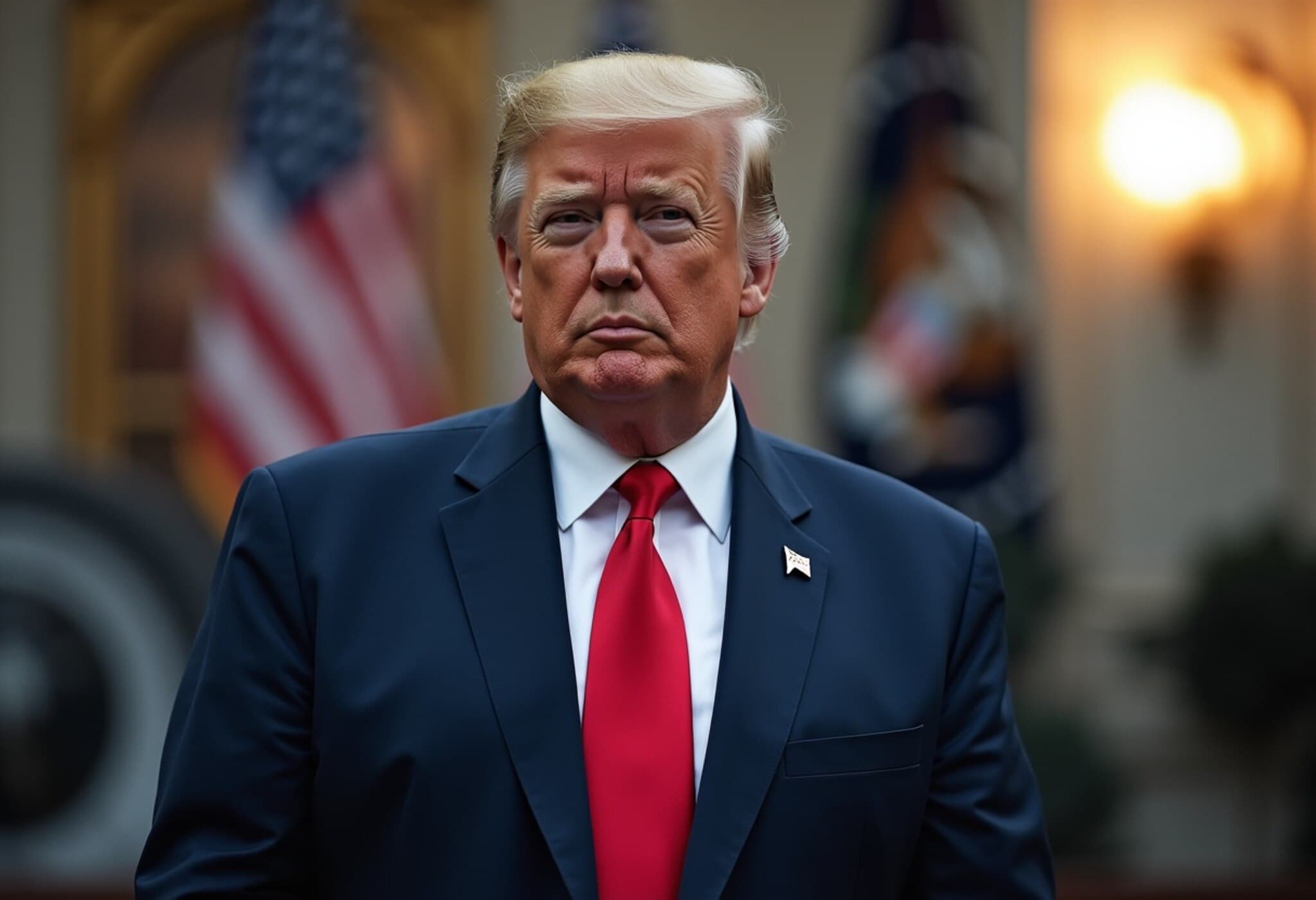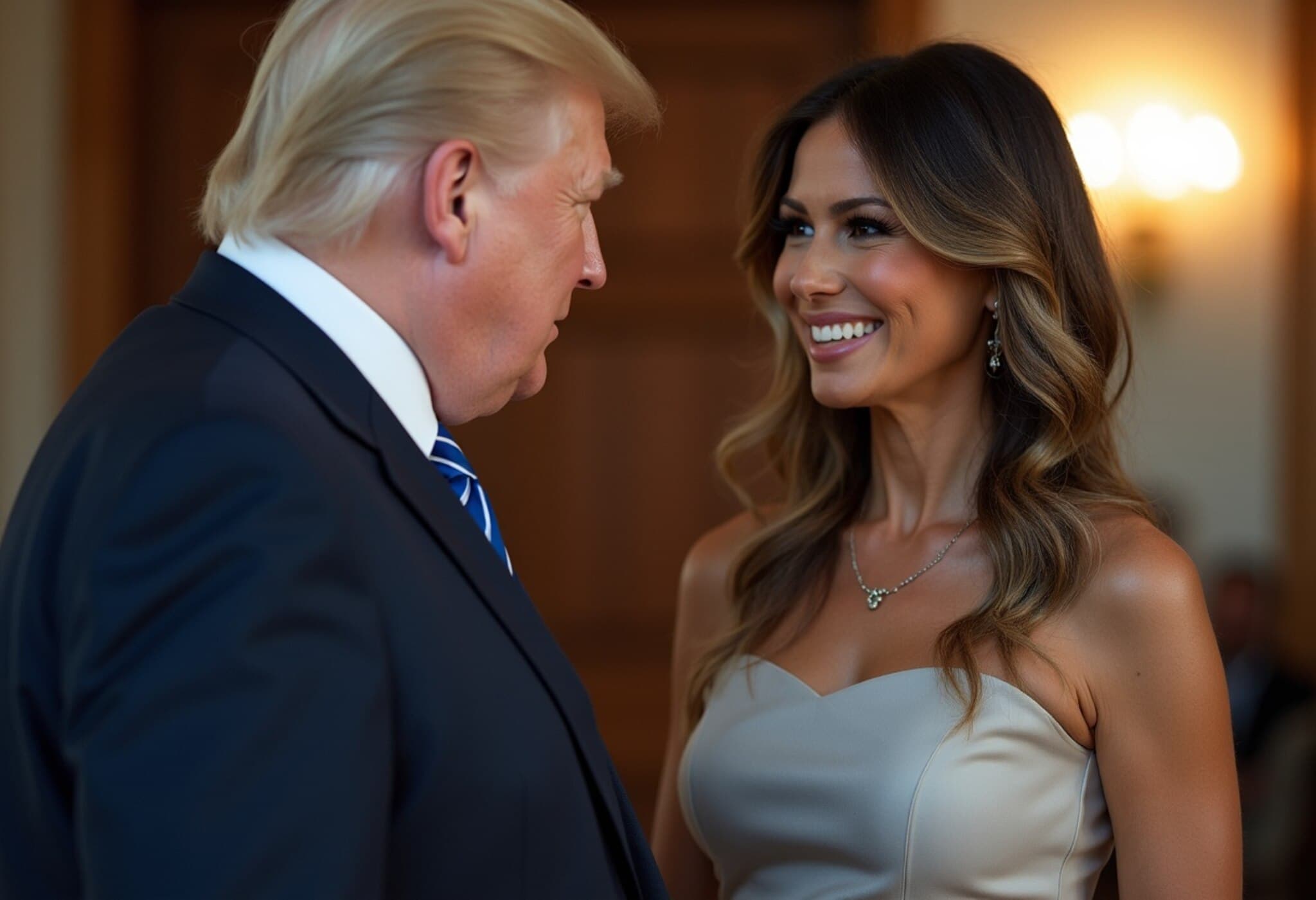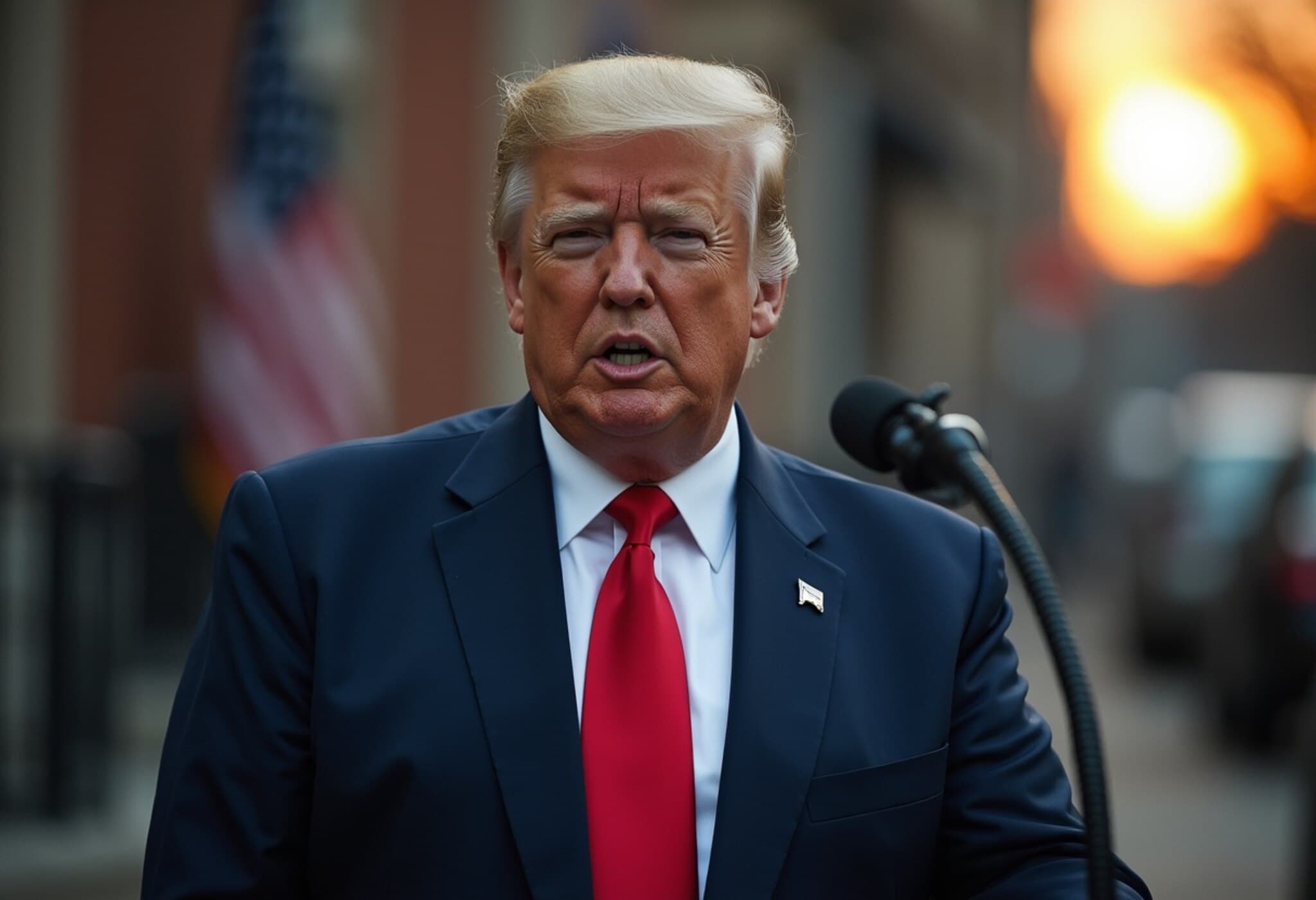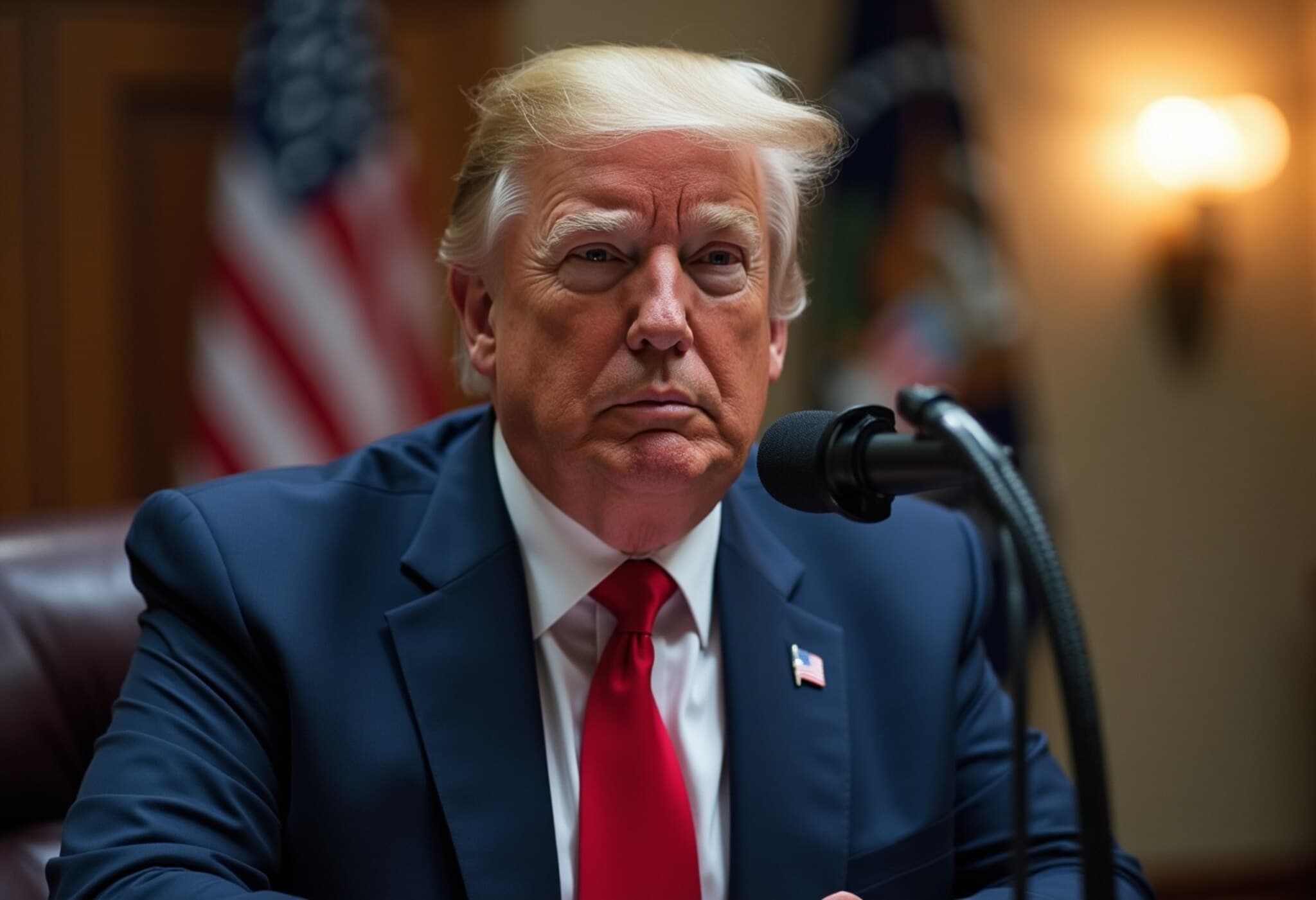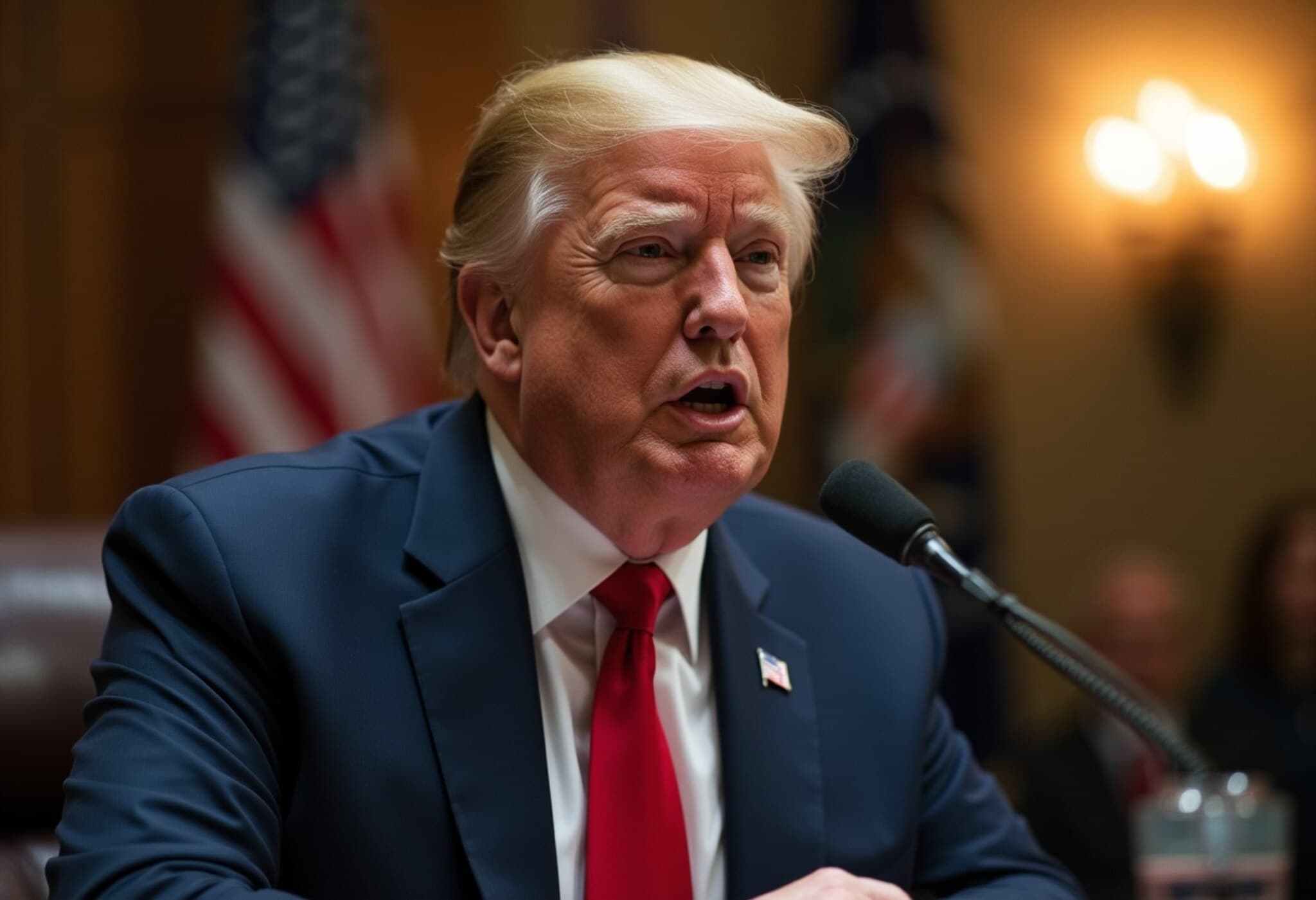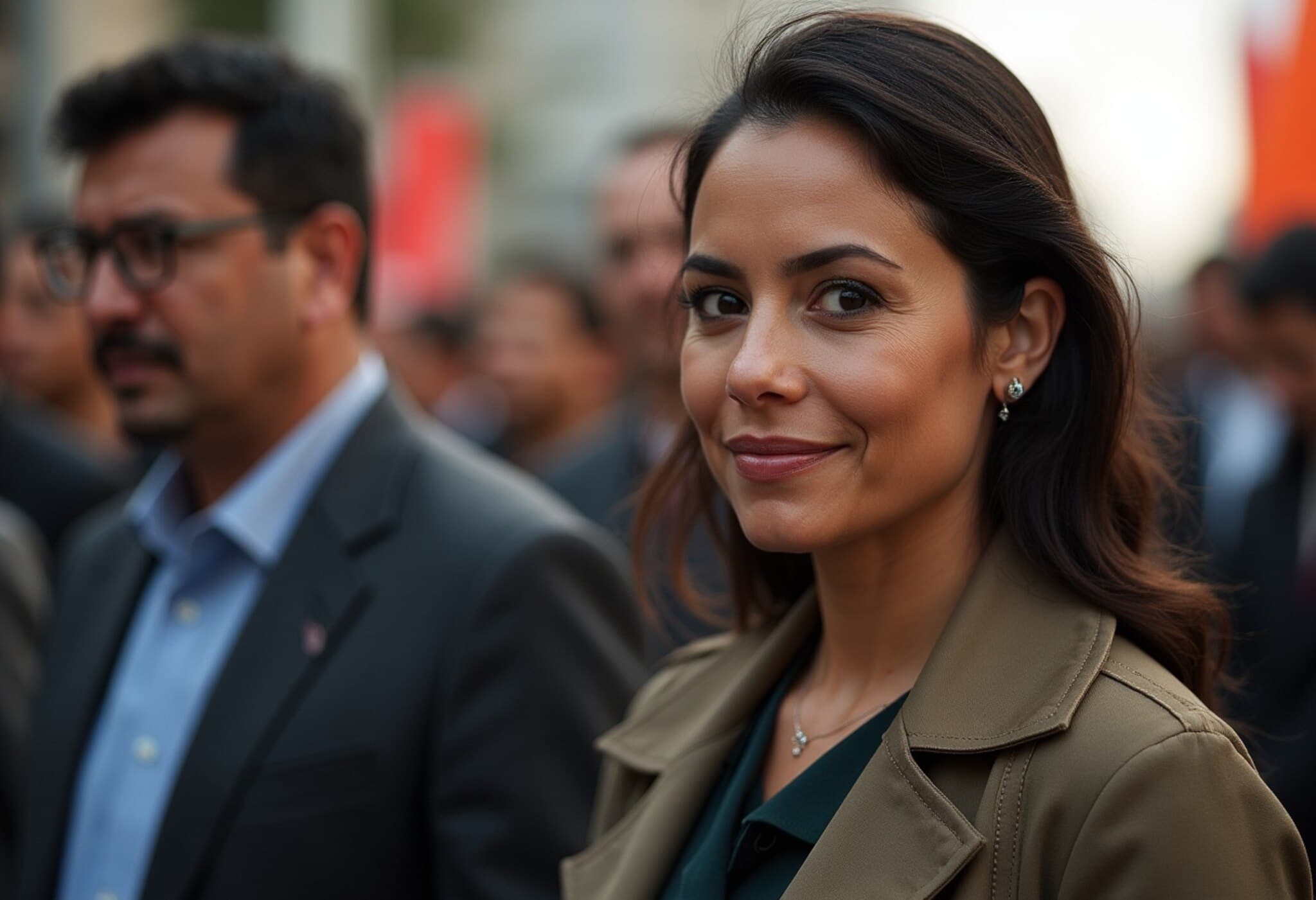Trump’s Warning to Broadcasters Raises Alarms about Free Speech in America
In September 2025, President Donald Trump publicly threatened to revoke broadcasting licenses from networks airing late-night shows that mocked or criticized him. This bold move has stirred unease among free speech advocates and media analysts, drawing uncomfortable parallels between the United States and authoritarian regimes known for clamping down on dissent.
The Global Pattern of Silencing Dissent
Across the world, from China to Turkey and Iran to Venezuela, governments frequently wield media controls and legal threats to silence comedians, journalists, and broadcasters who challenge ruling powers. These countries often accuse satirists and media outlets of violating national values or moral codes, then respond with punitive measures ranging from fines to imprisonment.
Examples abound:
- Iran: Stand-up comedian Zeinab Mousavi faces legal action for satirizing classical poetry with explicit commentary, reflecting a broader crackdown on female performers and political humor.
- Turkey: Cartoonists from LeMan magazine were arrested after publishing provocative religious satire, with charges including “insulting the president.”
- India: Comedian Kunal Kamra’s joking reference to a politician led to vandalism of his comedy club and calls for legal reprisals.
Such examples demonstrate how humor — traditionally a societal safety valve — has become a target in eroding democratic environments.
What Sets the Trump Approach Apart—and What It Echoes
While the United States boasts a historic commitment to robust free speech protected under the First Amendment, Trump’s tactics raise concerns about shifting norms. Threats to revoke licenses from broadcasters critical of him, lawsuits against prominent newspapers, and attempts to influence media mergers reveal a strategy reminiscent of authoritarian leaders.
Experts note that Trump’s approach mirrors tactics observed in recent populist or autocratic leaders, including:
- Silvio Berlusconi’s consolidation of political and media power in Italy.
- Venezuelan leader Hugo Chávez’s use of media blackouts to promote his agenda.
- Hungarian Prime Minister Viktor Orbán’s financial pressures to weaken major news outlets.
- Early Vladimir Putin’s suppression of satirical TV programs in Russia.
Jennifer McCoy, a democracy scholar at Georgia State University, emphasizes that “controlling information and media is one of the early and necessary steps of the authoritarian playbook.”
Authoritarianism’s Assault on Satire and Media Freedom
In countries like China under Xi Jinping, media outlets, comedy shows, and social platforms are tightly controlled. Journalists once celebrated for investigative reporting now face silencing, censors monitor every creative output, and independent voices are systematically removed.
Hong Kong’s public broadcaster provides a recent case study: its long-running satire show was abruptly canceled after critiquing police behavior during the early coronavirus pandemic — a stark reminder of how quickly free expression can be stifled.
Similarly, a Beijing stand-up comedian was fined millions and had associates detained for a joke deemed insulting to the military — signaling sweeping intolerance for dissent across art forms.
Lessons from History: Populism’s Cultural Battleground
The dynamics of attacking humorists and controlling narratives trace back at least a century to Italian Fascism. Antonio Gramsci, imprisoned in the 1920s, observed that new authoritarian powers seek “cultural and political dominance” to reshape public perceptions into “common sense.”
That effort involves compelling independent institutions—including media and universities—to toe the line, helping mythologize strongmen at the expense of civic freedoms.
What’s at Stake for American Democracy?
The U.S. media landscape remains vibrant with political satire and critical journalism, yet the ongoing threats to broadcasters and news organizations represent troubling flashes of authoritarian impulse. The indefinite suspension of Jimmy Kimmel’s show by ABC under Federal Communications Commission pressure underscores how regulatory agencies can become tools of political retaliation.
Daniel Treisman, a UCLA scholar on dictatorship, remarked, “Few authoritarian leaders have a sense of humor. Putin was reportedly enraged by negative portrayals. The lesson for America is clear: safeguarding satire and dissent is integral to democracy.”
Looking Ahead: What Can Americans Learn?
As former Soviet comedians and journalists fled persecution or faced silencing, their stories serve as a cautionary tale. Threats against free expression are rarely confined to entertainment; they herald deeper erosions of democratic checks and balances.
The American public and policymakers must ask:
- How can media independence be safeguarded against political pressure?
- What regulatory boundaries should protect satirists and journalists from retaliatory censorship?
- How can democratic institutions be fortified to resist normalization of authoritarian tactics?
Editor’s Note
President Trump’s confrontations with broadcasters are more than political theater—they reflect a global trend where leaders use institutional power to curb dissenting voices. America’s future as a beacon of free expression hangs in the balance. Recognizing the early signs of media control is vital to preserving the democratic ideals that have long distinguished the nation.
As this story unfolds, the resilience of U.S. democracy—and its commitment to free speech—will face crucial tests. The challenge lies in balancing respect for political leadership with unwavering protection for independent voices that hold power accountable.

